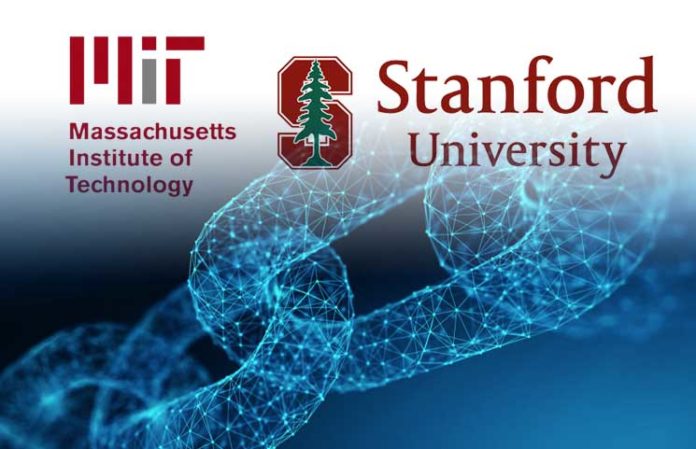Researchers from Stanford University and Visa Research, a division of the international payment system Visa, reported that they have developed a privacy policy for smart contracts Ethereum .
According to the published document , Zether’s “fully decentralized confidential payment mechanism” created by them is compatible with both Ethereum and other smart contract platforms.
The smart contract developed by researchers can be executed independently or by other smart contracts, supports encryption of balances on accounts, and allows depositing, transferring and withdrawing funds using cryptographic tools, as well as blocking them, which ensures enhanced confidentiality. The cost of one such transaction is about 0.014 ETH.
In addition, the authors of the project report that in the extension to Zether they implemented the ability to hide information about the sender and the recipient of funds among a certain group to choose the initiator of the transaction.
They emphasize that Zether works independently and will not comply with the rules of malicious or unsafe smart contracts.
Recall that last summer faculty at Stanford University Computer Science Research Center founded blokcheyna for "research and understanding of the technology that promises to fundamentally change" transactions and financial transactions over the Internet.
And in January, scientists at seven American universities, including the Massachusetts Institute of Technology (MIT), Stanford University and the University of California at Berkeley, created the non-profit organization Distributed Technology Research (DTR), which will develop its own cryptocurrency Unit-e. Moreover, as planned by scientists, transactions with a new cryptoactive asset will take place thousands of times faster than the Bitcoin network – up to 10 thousand per second, while maintaining decentralization.
Publication date 24.02.2019
Share this material on social networks and leave your opinion in the comments below.

